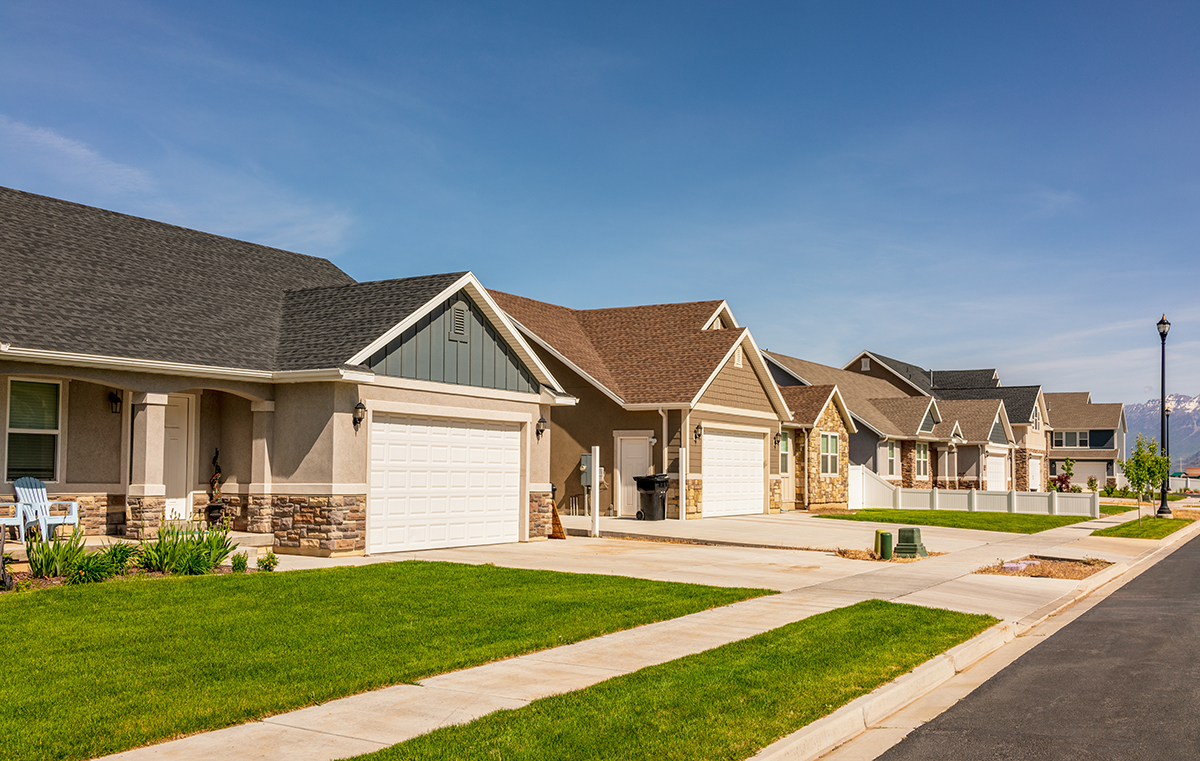Changes in Texas Residential Construction Law

The 2023 Texas Legislative Session brought several important changes to residential construction. First, HB 2022, effective September 1, 2023, made several changes to the Residential Construction Liability Act (RCLA) and second, HB 2024, effective June 9, 2023, created a shorter statute of repose for qualifying contractors.
Modifications to the RCLA
The RCLA, Chapter 27 of the Texas Property Code, applies to “any action to recover damages or other relief arising from a construction defect, except a claim for personal injury, survival, or wrongful death or for damage to goods.” Tex. Prop. Code § 27.002(a)(1). Below are some important amendments to the Act.
– The RCLA was enacted in 1989, but briefly between 2003 and 2009 the Texas Residential Construction Commission (TRCC) was the governing statute in residential construction law. The TRCC has since expired, and HB 2022 removes any reference in the RCLA to the TRCC.
– Prop. Code § 27.004(a). The RCLA allows contractors a reasonable opportunity to inspect the subject property within a 35-day window. However, the RCLA provided no guidance as to what constituted a reasonable opportunity to inspect. HB 2022 has provided clarity by expressly stating that a contractor, upon request, may inspect the subject property three times within the 35-day window. The 35-day period begins after the date the contractor receives the RCLA notice.
– Prop. Code § 27.004(b). The RCLA provided contractors with a 45-day deadline from the date after receiving notice to offer the claimant an offer of repair/settlement. HB 2022 has extended the 45-day deadline to 60 days.
– Prop. Code § 27.004(g-1). An offer of settlement given beyond the 60-day deadline may be considered timely if (1) the claimant did not provide evidence that was available and in the claimant’s possession at the same time of the original RCLA notice or (2) the claimant amended a claim to add a new alleged defect, or due to events beyond the contractor’s control.
– Prop. Code § 27.003(c). HB 2022 introduced two requirements for a claimant to maintain a claim of breach of warranty of habitability: (1) the construction defect was latent at the time the residence was completed or title was conveyed to the original purchaser and (2) the construction defect has rendered the residence unsuitable for its intended use as a home.
HB 2024 and the Statute of Repose
A statute of repose is a law that limits a party’s right of action after a specified period of time has elapsed. Texas’ statute of repose, for design professionals is located at Texas Civil Practice and Remedies Code §16.008 and for contractors in §16.009. Both sections provide for a 10-year repose period as measured from the date of substantial completion.
HB 2024 created an exception to the 10-year statute of repose for construction contractors, only, by providing them a 6-year statute of repose if they provide a qualifying warranty. The warranty must provide a minimum warranty period of:
1. 1 year for workmanship and materials;
2. 2 years for plumbing, electrical, heating, and air-conditioning delivery systems; and
3. 6 years for major structural components.
The increased number of inspections and time to make an offer of repair/settlement for contractors under the RCLA and the shortened statute repose for qualifying residential contractors are aligned with the generally business-friendly approach of the Texas Legislature, and will likely have a profound effect on residential builders’ exposure for construction defects. The attorneys in our Austin and Dallas offices have significant experience preparing contracts and litigating claims for construction defects in residential construction. If you should have any questions, please contact us at info@gstexlaw.com.
Legal Disclaimers
This blog is made available by Gerstle Snelson, LLP for educational purposes and to provide general information about the law, only. Neither this document nor the information contained in it is intended to constitute legal advice on any specific matter or of a general nature. Use of the blog does not create an attorney-client relationship with Gerstle Snelson, LLP where one does not already exist with the firm. This blog should not be used a substitute for competent legal advice from a licensed attorney.
©Gerstle Snelson, LLP 2024. All rights reserved. Any unauthorized reprint or use of this material is prohibited. No part of this blog may be reproduced or transmitted in any form or by any means, electronic or mechanical, including photocopying, recording, or by any information storage or retrieval system without the express written permission of Gerstle Snelson, LLP.

